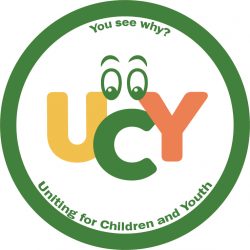Question 4 – Equity and Inclusion
In its “renewed vision for education in Ontario,” Achieving Excellence, the Ministry of Education identified five interconnected goals: achieving excellence, promoting well-being, and ensuring equity among them. Indeed, UNESCO has argued that inclusive education is the only way to ensure that every student has the opportunity to achieve (2008). But the benefits, of course, extend beyond academic performance.
Ontario launched its Equity and Inclusive Education Strategy in 2009. One goal of the strategy is that “shared and committed leadership by the ministry, boards and schools will play a critical role in eliminating discrimination through the identification and removal of bias and barriers” (emphasis added). That means that, as an OCDSB trustee, you would have a critical role to play in making schools more equitable, inclusive places for our children and youth.
Recently, the incumbent board of trustees appointed Camillie Williams-Taylor to be the new director. Williams-Taylor has worked towards systemic change throughout her career, including by collaborating on the Durham District School Board’s Equity and Diversity Strategic Framework. The framework, which detailed steps that could be taken in the 2017-18 year to improve every student’s chances of success (e.g., “a review and relaunch of the board’s religious accommodations resource,” as reported by Durham Region), was approved by the DDSB’s board of trustees.
For Question 4, we ask that you incorporate your views on the following into a cohesive response:
In your opinion, is equitable, inclusive education important? Why or why not?
How have you personally demonstrated your commitment to inclusive, equitable education?
Would you vote in favour of an initiative similar to the DDSB’s Equity and Diversity Strategic Framework?
Please provide between 1-5 examples of practical steps you would want to see included in a comparable document.
Do you believe that there is a role for alternative, self-directed programs to play in promoting equity and inclusion? Why or why not? You are invited to consider Danh’s story while responding.

